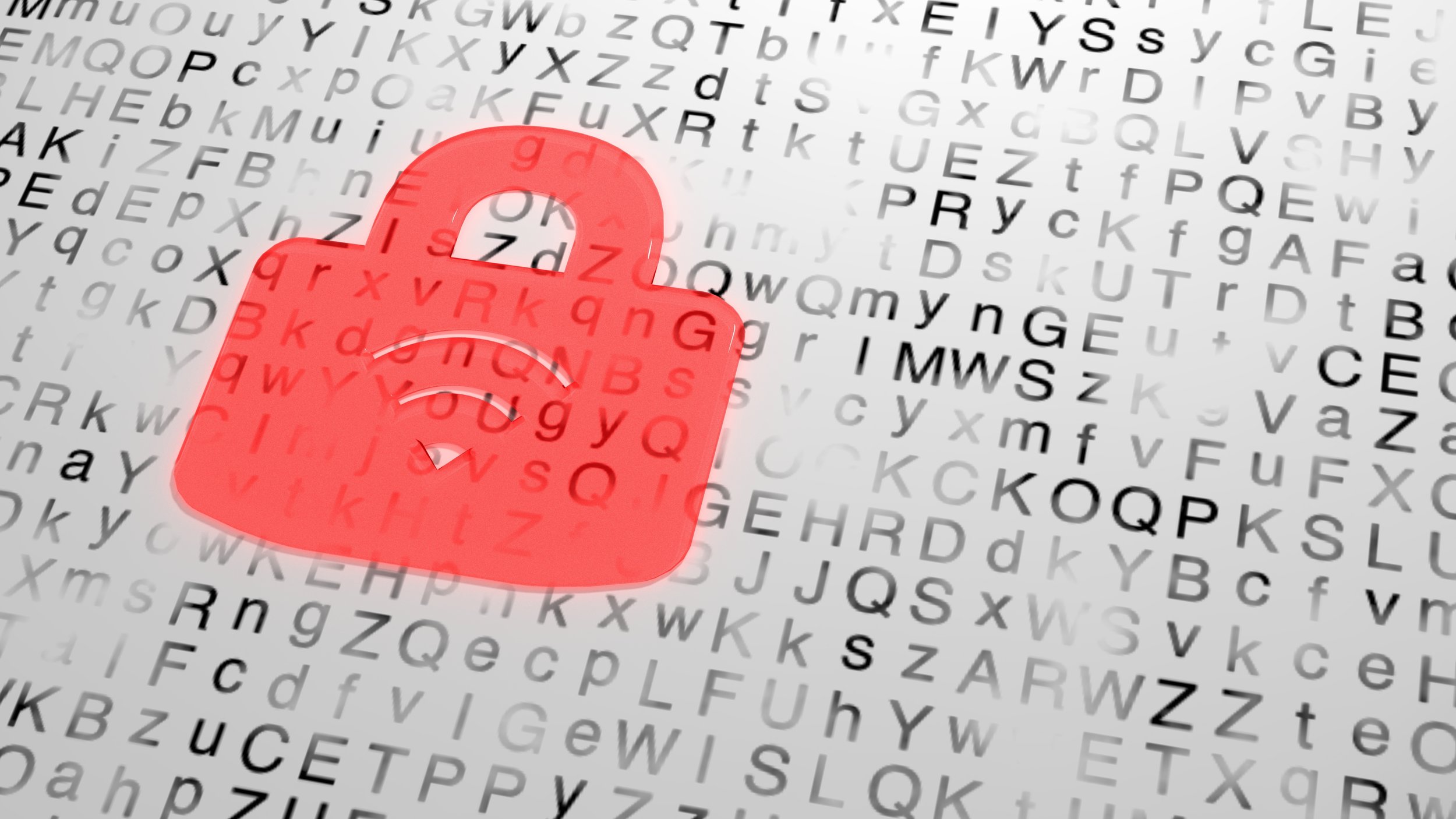Are Gifts for Cybersecurity the Next Gold Rush for Campus Fundraisers?
/Photo: BeeBright/shutterstock
In a recent piece looking at a gift earmarked for creating a cybersecurity research center aimed at African American students in underserved communities, I wondered why we weren't seeing more robust efforts to close the tech opportunity gap beyond predictable locales like New York, Boston and Silicon Valley.
Tech jobs aren't just centered in coastal hotspots, after all. They can be found everywhere, and with growing threats from hacking and ransomware, cybersecurity is one area of fast expanding job opportunities. Every business in America of any size—not to mention nonprofits and government entities—is now thinking more about how to keep their information and IT systems safe, or should be.
Dakota State University, in South Dakota, is one higher ed institution off the beaten track that's honing in the opportunities here. Last month, it announced $30 million in gifts to fund the construction of the Madison Cyber Labs as well as scholarships for students and support for additional faculty and staff. The donors are billionaire Giving Pledge signatory T. Denny Sanford, and PREMIER Bankcard President and CEO Miles Beacom and his wife Lisa.
Supplemented by an additional $10 million from the state's Future Fund and $20 million in support from federal sources and private donors, the gift expands the school's footprint as one the country's most innovative cybersecurity research institutions.
The fact that readers may not know the precise location of one of the country's most innovative cybersecurity research institutions—and that would be the city of Madison, population 7,425—points to the gift's outlier status. Unsurprisingly, many big cybersecurity gifts over the past few years have flowed to those predictable locales.
The list includes places like Harvard, which received a $15 million gift from Robert and Renee Belfer to establish the Cyber Security Project; UMass Amherst, which netted a $15 commitment from MassMutual Foundation that includes $3 million for its Cybersecurity Institute; and MIT, Stanford, and UC Berkeley, which received funding thanks to the Hewlett Foundation's $45 million effort to establish new academic centers for cybersecurity.
Now don't get me wrong. I have nothing against coastal research institutions and their multi-billion-dollar endowments. If you're looking to shape elite-level debates about cybersecurity, as Hewlett is, such institutions are a natural choice. But it's a different story if you're thinking about nurturing career opportunities in this fast-growing space.
Last year, there were about 300,000 unfilled cybersecurity jobs in the United States. Cybersecurity specialist was recently dubbed the "fast-growing job with a huge skills gap." Allocating philanthropic dollars in this area with an eye toward helping post-industrial urban centers or underserved rural regions—areas that need good jobs and skilled workers—seems like a no-brainer.
"All you have to do is listen to or read the news to know that the timing of this gift couldn’t be more critical," said Beacom, a Dakota State alumni, before adding that DSU students are "perfectly positioned to help fill the workforce gap and protect and defend our citizens and our nation."
Meanwhile, followers of T. Denny Stanford's philanthropy shouldn't be too surprised by his most recent gift. The former credit and banking mogul who hopes to "die broke" is part of the increasingly popular trend of “sunset philanthropy,” or giving away one’s fortune during life as opposed to leaving it to a self-perpetuating foundation. And so the last few years have seen huge research gifts in higher education and medical research, with a primary focus on South Dakota and California.
Sanford, a South Dakota native, has been especially determined to boost the fortunes of his isolated state and has seen science and medical research as critical ingredients to its future. Recent gifts include $100 million to create the Sioux Falls, South Dakota-based Edith Sanford Breast Cancer Foundation and $70 million to fund an underground physics lab in an old South Dakota mine.
In that sense, the cybersecurity gift fits a clear pattern for Sanford. South Dakota Governor Dennis Daugaard noted, "With this gift, Madison can continue to create a new economic development cluster which will attract high paying jobs, give former students the ability to 'come home,' create cutting edge companies and grow our state’s economy."
We've said it many times, but we'll say it again: Campus donors love to kill multiple bird with one stone. Gifts that boost a higher ed institution while promising to economically revitalize a city or region are extremely appealing, especially to business types.







































